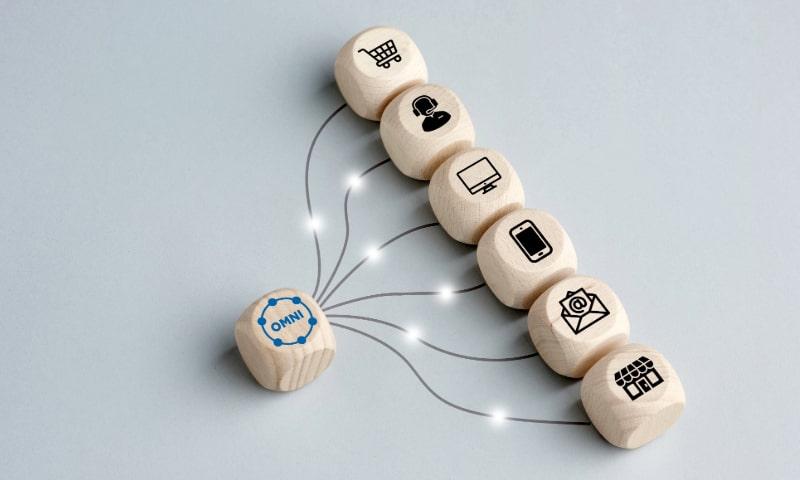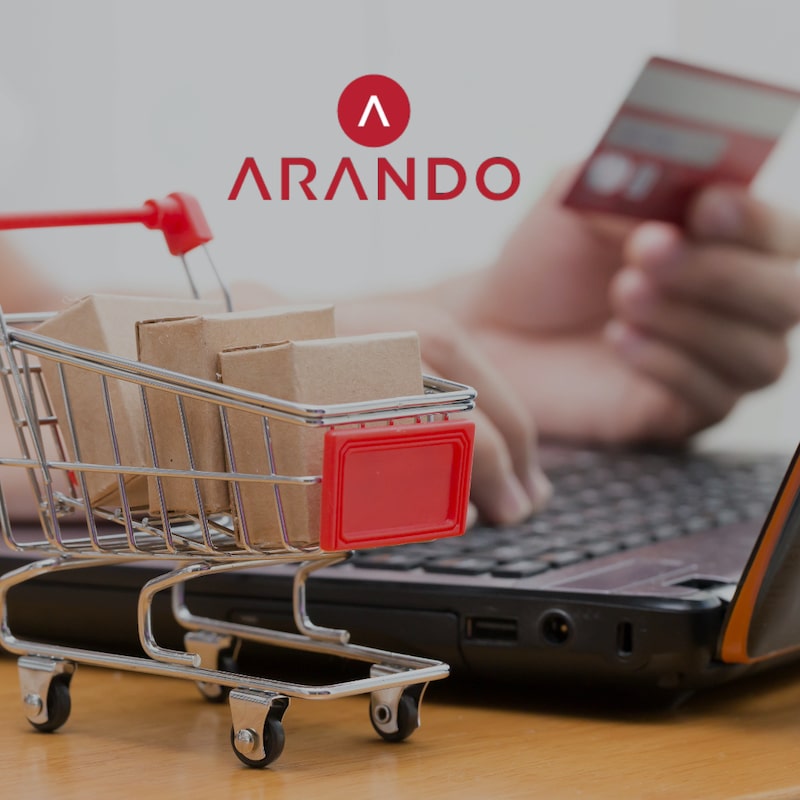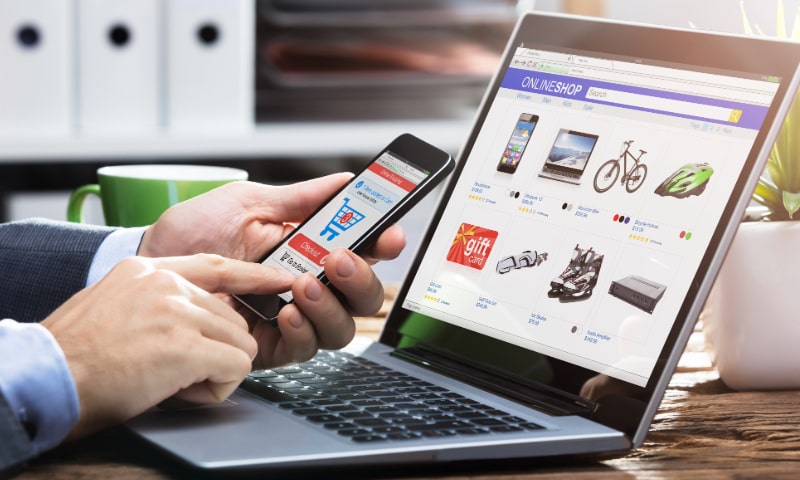The B2B e-commerce landscape is evolving rapidly. With advancements in technology and shifts in buyer preferences, the digital marketplace is now a crucial component of the B2B sales process. This article explores six compelling reasons why buyers are increasingly choosing B2B e-commerce platforms over traditional sales methods.
Fact 1: Growing Preference for Omnichannel Buying
B2B buyers now expect an omnichannel buying experience, which integrates digital, remote, and in-person channels. McKinsey’s research reveals that this trend is not a mere pandemic response but a critical fixture in global B2B sales, with a significant preference for e-commerce self-service.

Fact 2: E-commerce as a Leading Sales Route
E-commerce has become a dominant route to market for B2B companies, with 41% of leaders stating it’s their most effective sales method. This marks a significant shift in how B2B transactions are conducted, highlighting the growing comfort of buyers with digital sales
Fact 3: Surge in Digital Commerce
B2B e-commerce is the fastest-growing channel, with manufacturers seeing an 18.4% growth through their websites and B2B marketplaces. This growth rate outpaces the overall increase in manufacturing and electronic sales, indicating a strong move towards digital platforms.

Fact 4: Demand for Faster Order Fulfillment
The expectation for quick delivery is on the rise. With the efficiency of third-party logistics (3PL) and advanced inventory management, B2B brands can meet these expectations, making e-commerce an appealing option for buyers seeking faster order fulfillment.

Fact 5: Rise of Social Commerce in B2B
Social commerce, traditionally a B2C strategy, is gaining traction in B2B markets. The global social commerce market is projected to reach $2.9 trillion by 2026, with a significant portion of B2B buyers using social media platforms for product research and comparison.

Fact 6: Personalization Drives B2B E-Commerce
Personalization is a key driver in B2B e-commerce. A Forrester survey indicates that 52% of B2B leaders are investing in personalization efforts. B2B buyers now expect a tailored shopping experience similar to B2C, which e-commerce platforms are well-equipped to provide.

The shift towards B2B e-commerce is not just a trend but a fundamental change in the buying process. Small businesses looking to engage in B2B transactions must adapt to these evolving preferences to stay competitive and meet the demands of modern buyers.



